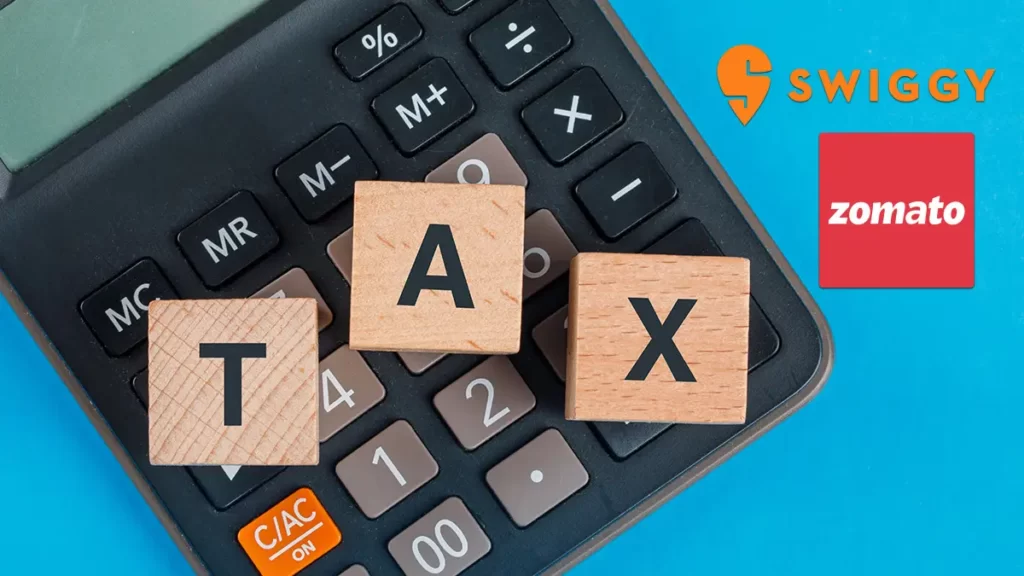Indian food tech brands, Zomato and Swiggy, have decided to approach GST officials in response to the tax notice they have received from the GST department.
The tax department has given them tax notices to pay a cumulative amount of about 750 crore rupees. It is for the tax they need to pay on the food delivery charges on food orders.
Tax Authorities Serve Tax Notices to both Companies
The authorities have demanded that Zomato pay Rs. 400 crore and Swiggy pay Rs. 350 crore as tax to the government. This amount equals 18% tax on the money they earned as delivery charges for food delivery. The tax department considers the food delivery charges as the earnings or revenue of these food delivery brands.
The food brands plan to take advice from lawyers and tax consultants on the tax notices.
Opinion Of Zomato And Swiggy
However, the companies consider that the delivery charges they charge from their customers are not their revenue. Instead, they give it to the delivery personnel as their salary. Thus, they think it is unfair for the tax department to charge a tax or GST on it.
Zomato and Swiggy are preparing to present this fact as their side of the story to the tax department. They plan to discuss this with the tax authorities and respond to the tax notices. The companies are actively taking suggestions and advice from attorneys and tax consultants.
The notice for the payment of GST tax that the food brands have received from the tax department is a pre-demand notice. It means that this is a notice before the actual final demand. A pre-demand notice gives Zomato and Swiggy a chance to consult lawyers and present their opinions to the government. The authorities will serve the final demand notice to these food majors after this procedure.
The food brand Swiggy started charging its customers a delivery fee in 2016. After this, Zomato also started charging for food deliveries. In addition, Zomato has started the Zomato Gold program. Customers who subscribe to it don’t have to pay the delivery charges but must pay a monthly subscription fee.
View of the Tax Department
According to the tax department, food delivery is a taxable service. The tax department charges a GST of 18% on all services. And it believes that food delivery is a service. So, the food delivery brands must pay this tax. The officials believe that online food delivery companies charge service fees from their buyers. So, the companies should pay the tax to the government.
The Government of India has set up legal guidelines for tax collection from food delivery companies. The law is valid from 1st January 2022. As per this law, food delivery companies must pay a GST for the delivery of food from a restaurant order.
The reason for confusion from the side of Zomato and Swiggy is that there are no clear guidelines in the law. The guidelines for the delivery charges that come under this tax are confusing and unclear.
The government authorities plan to charge similar taxes from other food delivery companies in future. They will charge GST for the money that the platforms earn as delivery charges from customers.

